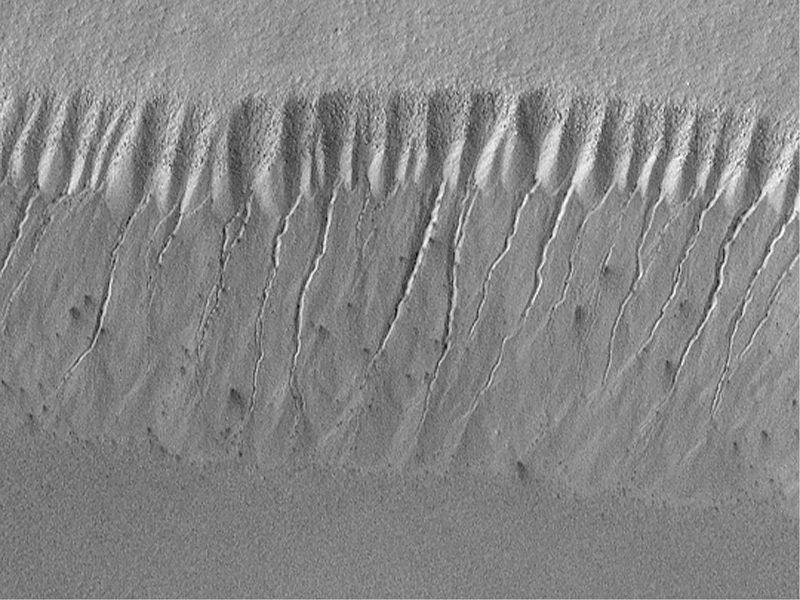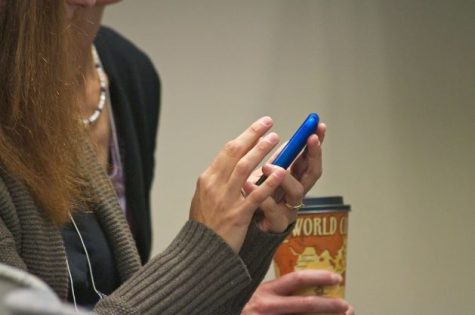WATER ON MARS
Water has been found on Mars in both liquid and ice form, but this doesn’t mean we’ll soon have mansions on Mars. In fact, the water on Mars isn’t nutritious enough for our bodies at all. It’s filled with perchlorates, which is a kind of salt that can be very harmful to us humans.
“Some estimates suggest soils contain 0.5 to 1 percent of the stuff, which is definitely toxic to humans,” the Huffington Post reported. “Perchlorates are hazardous to humans if found in drinking water, because it can cause thyroid problems and harm the gastrointestinal tract, skin, breast tissue and the placenta.”
Although this doesn’t sound like a very good thing, what is good to hear is that this finding may support the notion that there was life on Mars at some point in the past, if not present.
Micki Miller, a junior at Freedom, commented on the subject saying “I think that it gives us hope for new explorations and discoveries for life on Mars”
The water might not be good for us, but scientific advancements such as the new GFAJ-1 can metabolize arsenic instead of oxygen, which is needed for water. This would ideally allow for the utilization of water for human consumption.
The director of Duquesne University along with its geomicrobiologist Ronald Oremland have spent their time and funding on studying how microbes could survive without water and instead as arsenic sponge beings. These microbes absorb the arsenic around them in order to support their life instead of needing water to live.
“The microbe, named strain GFAJ-1, is a salt-loving member of the Halomonadaceae family of proteobacteria that came from the sediments of toxic Mono Lake in eastern California. This old alkaline lake is known for its being hyper-salty and naturally high in arsenic,” LiveScience reported on the logistics of the microbial lifeform that can perform such a feat as replacing parts of its DNA with arsenic instead of phosphorus giving it the ability to use both and can swap between using the two.
The Pittsburgh Gazette was told by Ronald Oremland in an interview about the microbe “You won’t see herds of elephants tromping around on Mars.” He continued, “The term we come up with is that it’s habitable. But that doesn’t mean it’s inhabited. It is possible for microbes that can sustain extreme environments, but no pythons.”











